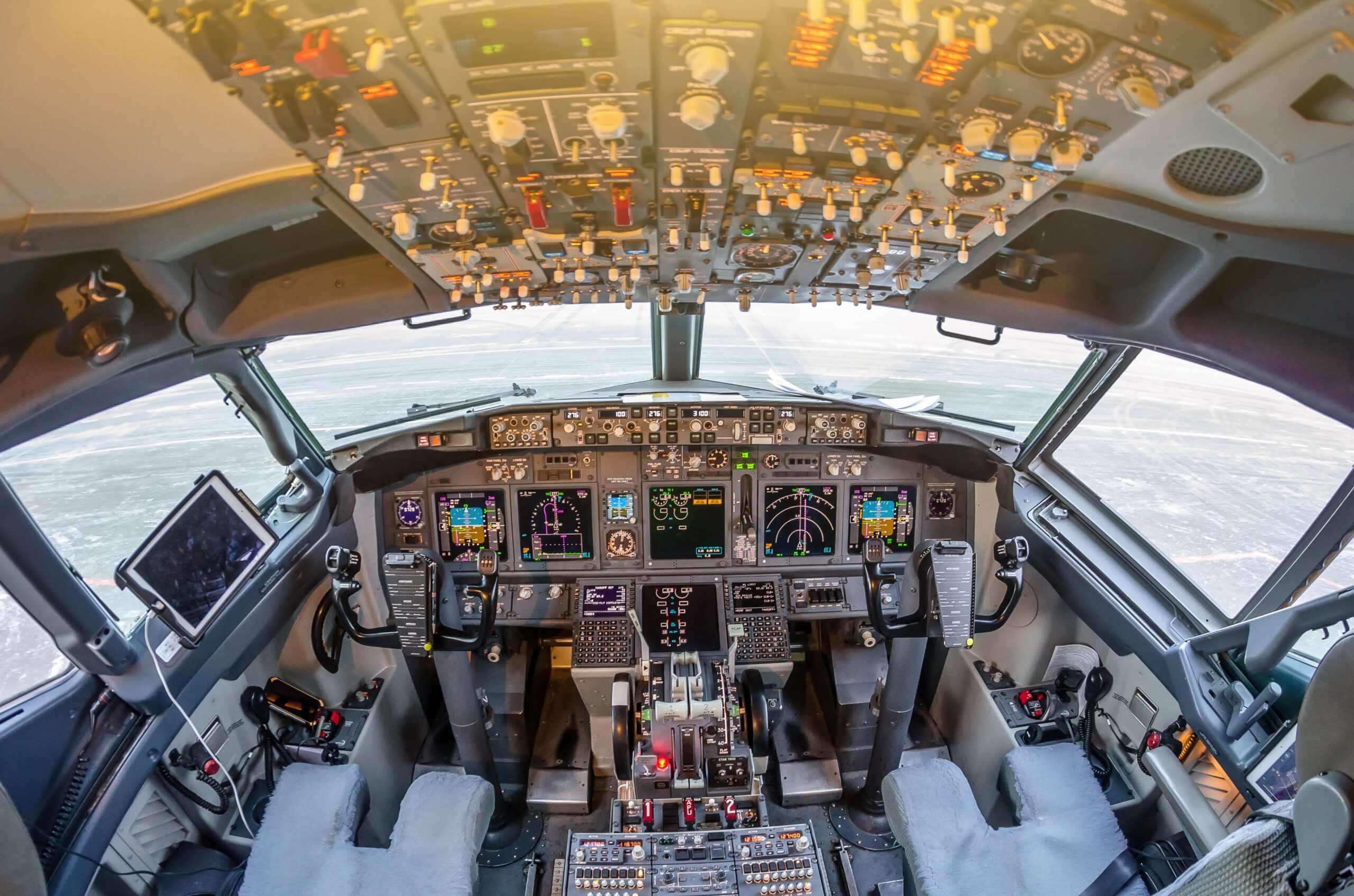Commercial aviation accounts for about 2% of global carbon emissions, and about 12% of all CO2 emissions from the transportation sector. But CO2 emissions from commercial aircraft are on a pace to triple by 2050, as both passenger air travel and air freight surge worldwide, and aviation’s share of transportation-sector emissions is ballooning as cars and trucks become more fuel efficient. No serious attempt to face the problem of climate change can fail to address commercial aviation. And carbon emissions are not the only environmental challenge posed by a growing aviation sector. Nitrogen oxides, particulates, noise, and lead pollution also impact often disadvantaged communities living near airports.
About the program
Since 2008, ICCT’s aviation program has worked to ensure that environmental policy for the aviation sector is informed by high-quality, transparent analysis of the environmental performance of both aircraft and airlines. We have pursued that goal through research on aircraft technology development, airline fuel efficiency, environmental standard design, global emission inventory, zero-emission aviation, and the use of alternative jet fuels. Thanks to its membership in groups like the International Coalition for Sustainable Aviation (ICSA), ICCT is able to contribute research directly to government agencies like the International Civil Aviation Organization (ICAO), to pragmatically inform the design of policies to reduce to environmental impact of flying. ICCT also engages in regional and national policymaking by submitting research-based comments to agencies such as European Union Aviation Safety Agency (EASA), UK Department of Transportation, US Environmental Protection Agency (EPA), and US Federal Aviation Administration (FAA).

Moreover, ICCT research supports efforts by consumers to minimize the carbon footprint of their travel and efforts by progressive industry groups at the forefront of aviation environmental protection. We are currently exploring opportunities for aviation work in China, including on regional emission inventories, zero-emission aviation, and sustainable aviation fuels.


